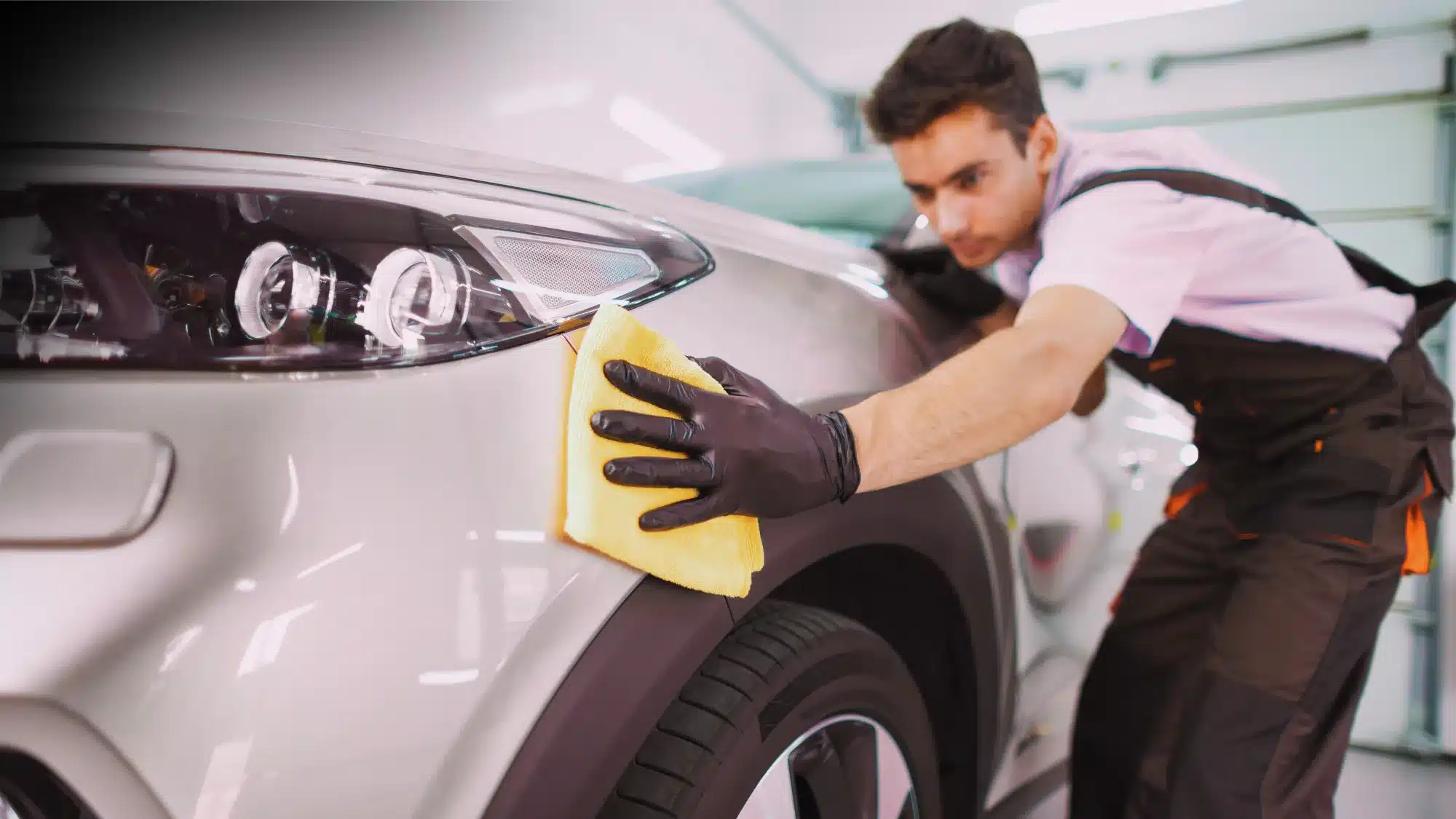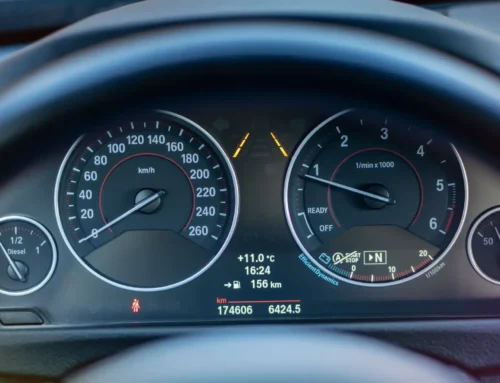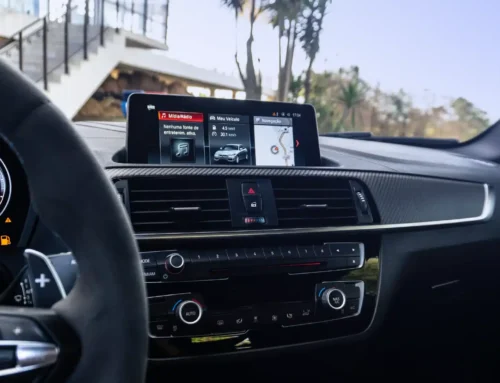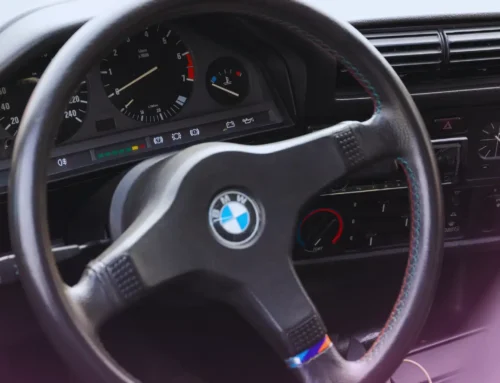Florida’s unique climate—marked by intense heat, relentless humidity, and salty coastal air—can be tough on any vehicle, but especially on foreign cars engineered for precision and performance. To protect your investment and keep your car running smoothly, follow these essential foreign car maintenance tips tailored for Florida drivers.
1. Prioritize Regular Oil Changes with the Right Oil
Foreign vehicles, especially European models, often require synthetic oil that meets manufacturer-specific standards. Florida’s heat accelerates oil degradation, particularly if your car is frequently stuck in traffic or used for short trips. Stick to the recommended service intervals and always use OEM-approved oil to ensure optimal engine protection.
2. Inspect and Maintain the Brake System
High temperatures and humidity can cause brake components to wear out faster. Regularly inspect your brake pads, rotors, and brake fluid. If you live near the coast, be vigilant about salt exposure, which can corrode brake lines and other metal parts. Routine checks help prevent costly repairs and keep your braking system reliable.
3. Keep the Cooling System in Top Condition
Overheating is a common issue in Florida, especially during stop-and-go traffic. Regularly inspect and flush your radiator, coolant, water pump, and hoses. Many foreign cars have complex cooling systems that require specialized attention, so don’t skip scheduled maintenance.
4. Protect Against Humidity and Moisture
Florida’s humidity can accelerate wear on engine components, rubber seals, and gaskets, leading to leaks and reduced efficiency. Moisture can also cause corrosion in the engine bay and fuel system. Schedule routine inspections with technicians familiar with foreign vehicles to catch and address these issues early.
5. Shield Your Car from Sun Damage
Intense sun exposure can fade paint, crack upholstery, and damage dashboards. Use sun shields or covers on your windshield and windows whenever parked. If possible, store your car in a garage or shaded area to minimize UV damage.
6. Condition Leather Interiors
Foreign cars often feature high-quality leather interiors that can dry out and crack in Florida’s climate. Regularly apply leather conditioning treatments and, if possible, park in a climate-controlled garage to prevent mildew and moisture damage.
7. Prevent Rust and Corrosion
While Florida cars are less likely to rust underneath than northern vehicles, the top half is vulnerable due to salty air, especially near the coast. Wash your car regularly, including the undercarriage, to remove salt and prevent corrosion. Pay special attention to any exposed metal surfaces.
8. Maintain the Air Conditioning System
A reliable A/C system is essential in Florida. Have your refrigerant levels, compressor, and hoses checked regularly to ensure efficient cooling and prevent mold buildup from moisture. A well-maintained A/C system keeps you comfortable and protects your car’s interior from excess humidity.
9. Replace Cabin Air Filters Frequently
Humidity and pollen can clog cabin air filters quickly. Replace them as recommended to maintain air quality inside your vehicle and prevent musty odors, especially if your car sits unused for extended periods.
10. Monitor Tire Condition and Pressure
Heat can cause tire pressure to fluctuate and accelerate tread wear. Check your tires regularly for signs of wear and maintain the manufacturer-recommended pressure for safe handling and optimal fuel efficiency.
Foreign Affairs Auto, LLC is committed to helping you get the most out of your foreign car in Florida’s challenging climate. By following these foreign car maintenance tips, you’ll extend your vehicle’s lifespan, preserve its performance, and protect its value for years to come.





